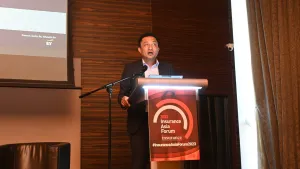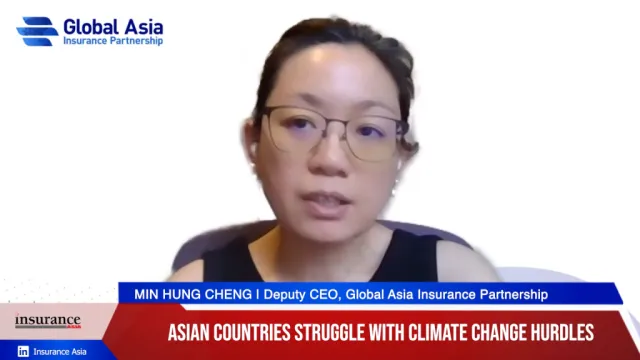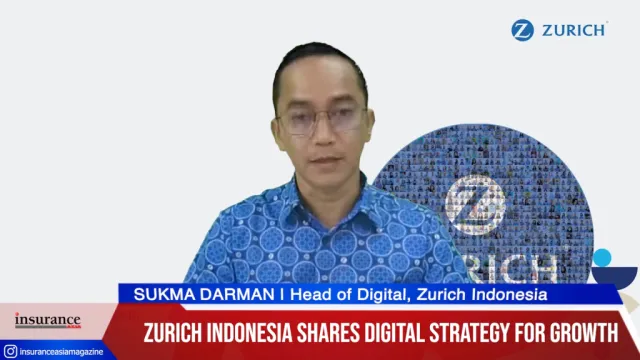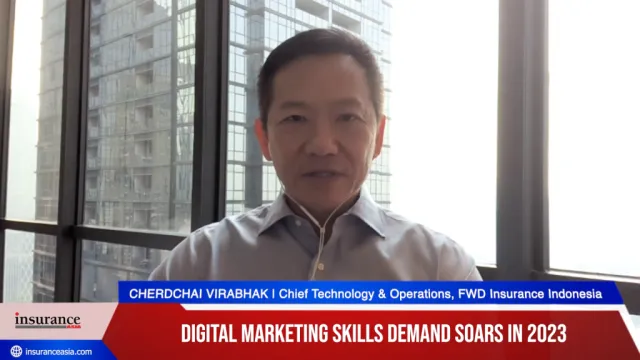From hype to reality: Examining the industry's ‘transformation'
By Simon PhippsRather than consider the many exciting, and often challenging, technology-enabled developments that lie ahead, I thought for this article I would take a slight different tack. So let’s instead take a look at the reality of our industry from the perspective of where most insurers are today, and against that backdrop, what insurers can do to change.
Let’s be honest, insurers have been trying to ‘transform’ their organizations for decades. First it was to implement big enterprise systems. Then it was to respond to the internet. Now the industry is focused on digitization and customer-centricity. With so much time and effort put into transformation, why has so little changed?
Transformation is difficult, disruptive and time consuming. And most of the time, transformation initiatives fail to achieve their objectives. But whether or not you call it a ‘transformation’, what is clear is that insurers understand the urgent need to reinvent themselves. The problem is that — for insurers to truly ‘reinvent’ their businesses — they need more fundamental change to their business and operating models than ever before.
The insurers’ transformation journey
KPMG International recently surveyed more than 70 global insurance executives. We asked about their recent transformation initiatives, their existing capabilities and, their biggest barriers and risks. What we found was that insurers are well aware of the challenges they face in reinventing their organizations. Many readily admit that they are failing to get the full value from their transformation initiatives. And most tell us that they lack at least some of the capabilities required to drive change on the scale now required.
However, the data also indicates that insurers have significant capabilities and advantages that could be leveraged to improve the transformation journey. In addition, it shows that insurers are increasingly taking ideas, approaches and even talent from other sectors to help improve the transformation.
According to our KPMG survey, insurers expect to face a range of highly disruptive pressures on both their business models (which impacts ‘where’ they play in the market) and their operating models (‘how’ they play in the market). More than a third said that government policy or enforcement agendas will disrupt their business models over the next 3 years. Another 30% said they will need to change their operating models in order to balance the pressure for new growth against the reality of shrinking budgets.
Interestingly, while many organizations seem to talk about the need to become more ‘customer-centric’, just less than one-quarter of respondents expect their operating model to be disrupted by changes in customer behaviour. We would argue that customer behaviour should actually be the inspiration behind insurers’ efforts to reinvent themselves. The fact that less than a quarter expect to be disrupted by changing demographics and preferences suggests that insurers may not have their eyes on the ultimate prize.
Our experience suggests that, all too often, insurers either fail to properly assess what their future state should look like or, they fail to adjust their vision of the future state and the steps needed to get there, as the world around them changes. Problems are often compounded by companies being too focused on achieving specific outputs rather than targeted outcomes. Smarter companies benefit from spending more time early-on thinking through what they really want to become and what change outcomes they really need. This clarity makes it much easier to rationalize their change portfolio and reduce the huge opportunity cost of trying to do too many things, allowing them to de-clutter the noise and eradicate ‘pet projects’.
These are exciting times. The global insurance market is facing a period of unprecedented change. The stakes for existing insurers have never been higher.
This article is an extract from KPMG’s latest annual insurance sector report.


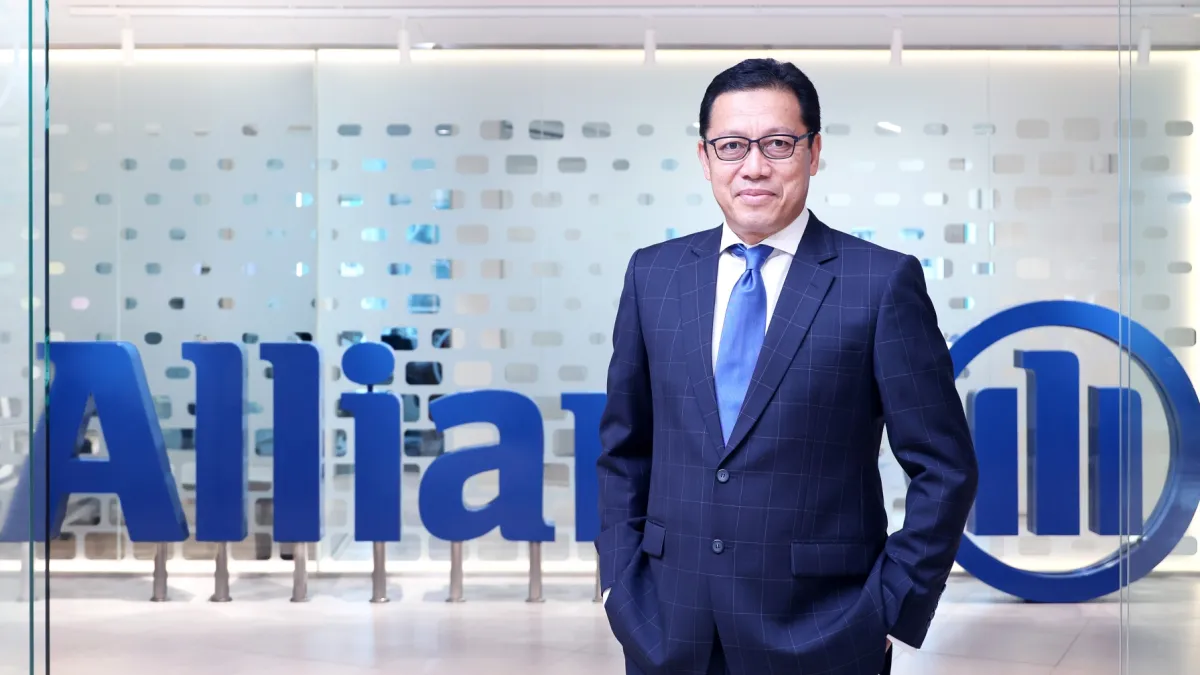








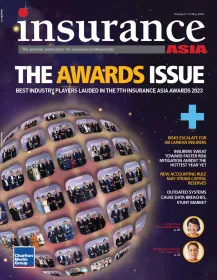
 Advertise
Advertise


